Who are the 'fake artists' on your Spotify playlists?
Streaming music company rejects accusations that it is padding out popular playlists with non-existent artists
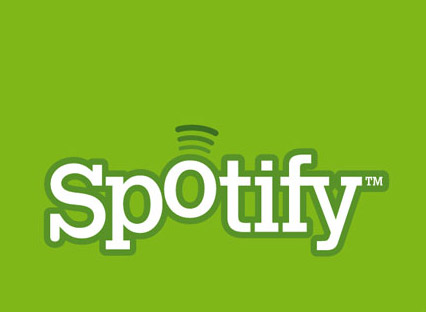
A free daily email with the biggest news stories of the day – and the best features from TheWeek.com
You are now subscribed
Your newsletter sign-up was successful
Music streaming service Spotify has denied claims that it pays producers to create songs under fake names that are then put on premium playlists to generate money for the service.
Industry insiders claim the company - which has 50 million subscribers paying about £10 a month, but is yet to make a profit - is paying music producers to create tracks that are credited to non-existent artists and placed in playlists alongside songs by real acts.
These playlists - titled things like "Sleep", "Focus" and "Ambient Chill" - are extremely popular on the streaming service. One of the artists on the "Ambient Chill" playlist, Deep Watch, "have no profile outside of Spotify, no biographic detail on the site, and no upcoming concerts listed anywhere – yet their two songs have racked up a total of 4.5m plays in five months," says The Guardian.
The Week
Escape your echo chamber. Get the facts behind the news, plus analysis from multiple perspectives.

Sign up for The Week's Free Newsletters
From our morning news briefing to a weekly Good News Newsletter, get the best of The Week delivered directly to your inbox.
From our morning news briefing to a weekly Good News Newsletter, get the best of The Week delivered directly to your inbox.
Music Business Worldwide, which first reported the allegations, identified 50 artists who have no presence outside the Spotify platform and "whose tracks have amassed 548 million streams, which would normally have earned up to $4 million (£3.1 million) in royalties," says The Times.
An article on the website Vulture inferred that instead of paying out large amounts to big-name artists, Spotify could reduce its licensing payments by directing listeners to artists that have no record label or any other digital footprint and only appeared to exist within Spotify.
Spotify denied the allegations saying: "We do not and have never created 'fake' artists and put them on Spotify playlists. Categorically untrue, full stop".
But the denial "fails to cover the totality of Music Business Worldwide’s allegations," says The Guardian.
A free daily email with the biggest news stories of the day – and the best features from TheWeek.com

A further investigation by Music Business Worldwide found that these "fictional artists" are, in fact, "a relatively small group of Swedish songwriters and producers who who are mainly based in and around Spotify’s home city of Stockholm and are covertly recording and releasing material commissioned – possibly via a third party – by Spotify".
Subsequently, Spotify sources told the website that "describing these [acts] as ‘fake artists’ is like calling JK Rowling a fake author when she published novels in a different genre under the name Robert Galbraith."
Mark Mulligan, from Midia Research, told the BBC, that Spotify could be commissioning others to produce content which it then pays lower royalties for in return.
"Labels are scared because they suspect this is the thin end of the wedge, but it's not forcing those artists to do it," he said.
On Twitter, questions have been raised over whether the streaming service is actually doing anything wrong.
The website MusicAlly says that as these categories of music "weren’t really a 'thing' historically until the streaming era, Spotify juicing the pipeline of suitable music makes sense as a strategy."
-
 American universities are losing ground to their foreign counterparts
American universities are losing ground to their foreign counterpartsThe Explainer While Harvard is still near the top, other colleges have slipped
-
 How to navigate dating apps to find ‘the one’
How to navigate dating apps to find ‘the one’The Week Recommends Put an end to endless swiping and make real romantic connections
-
 Elon Musk’s pivot from Mars to the moon
Elon Musk’s pivot from Mars to the moonIn the Spotlight SpaceX shifts focus with IPO approaching
-
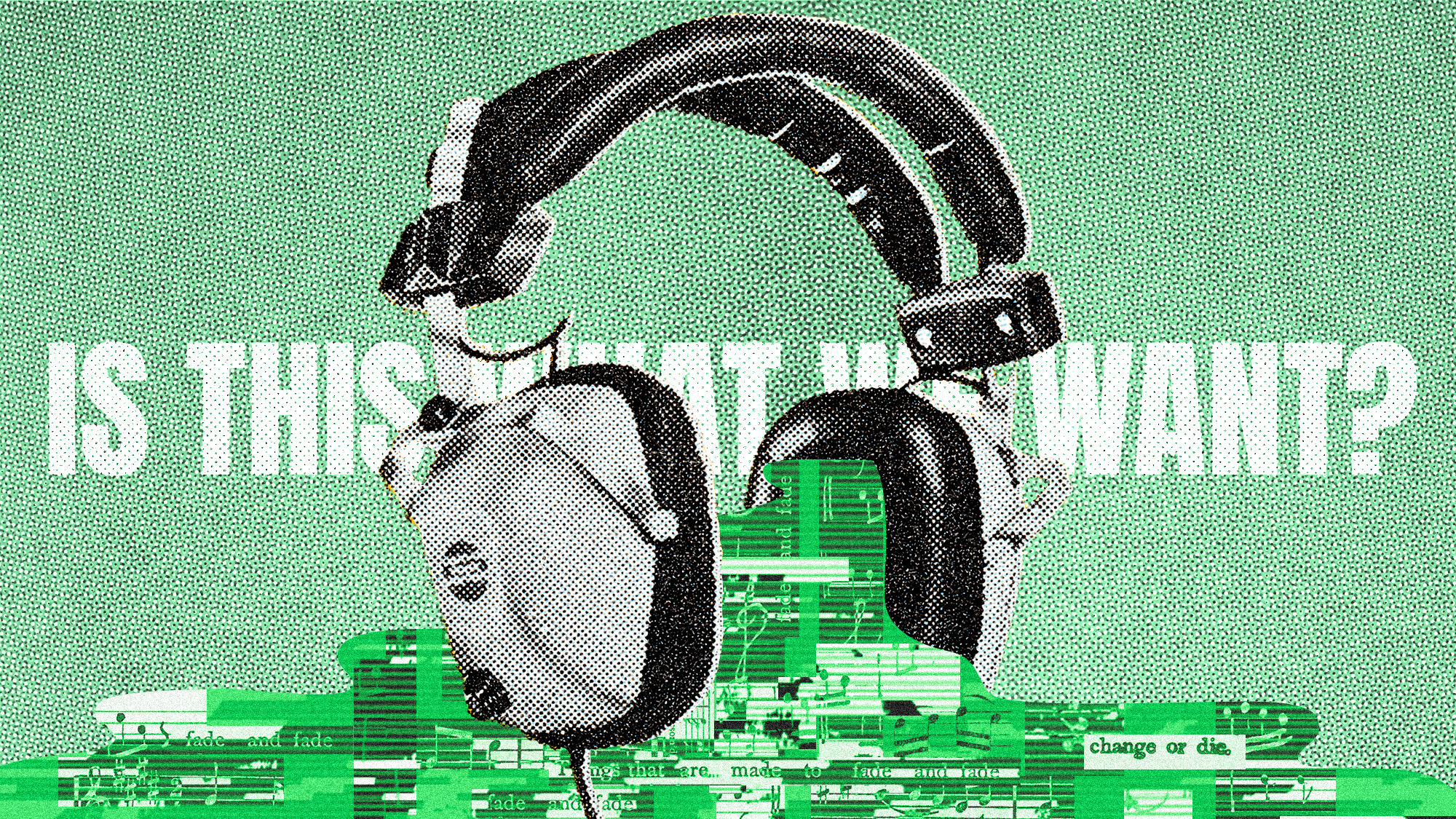 AI freedom vs copyright law: the UK's creative controversy
AI freedom vs copyright law: the UK's creative controversyThe Explainer Britain's musicians, artists, and authors protest at proposals to allow AI firms to use their work
-
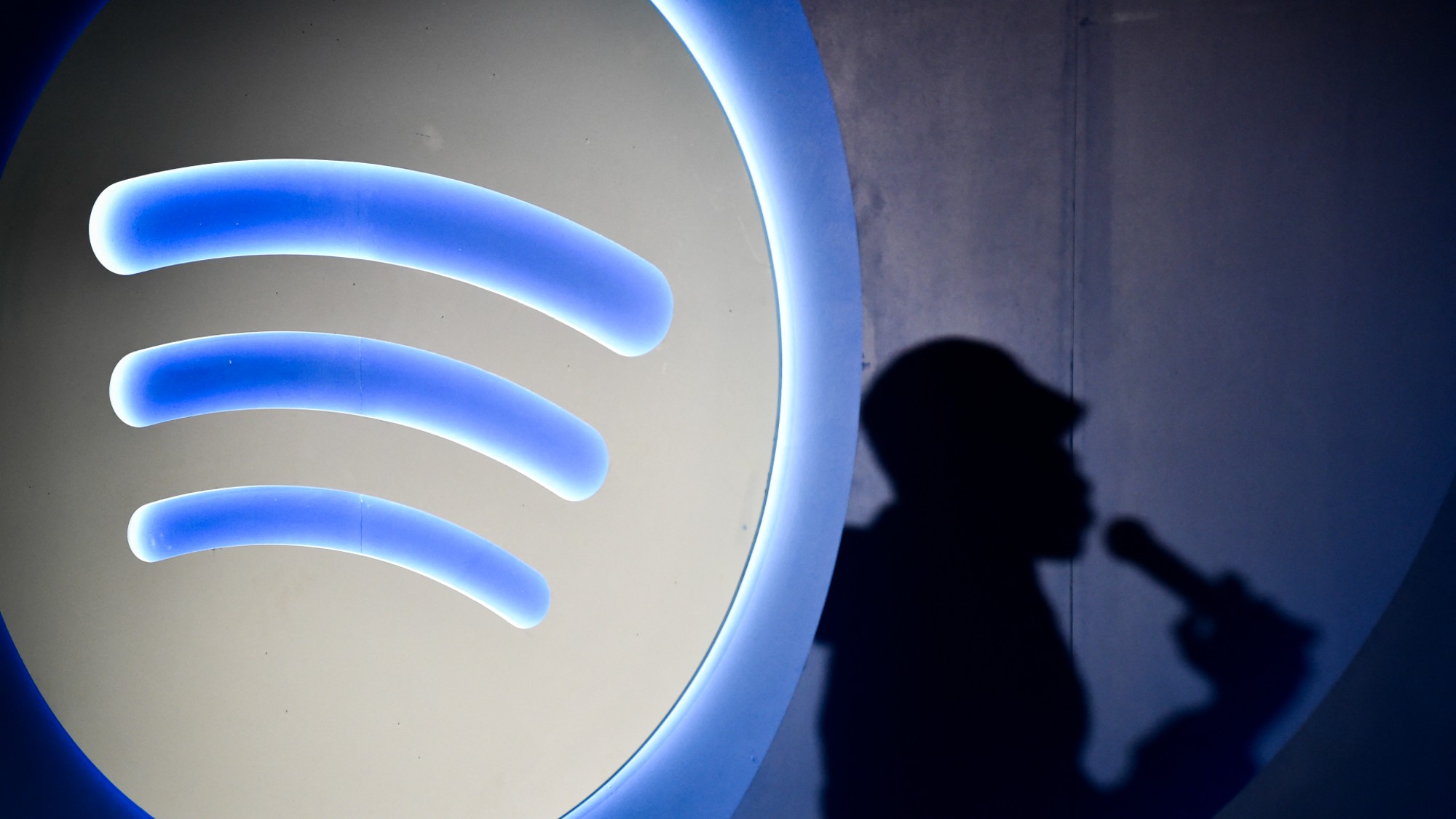 Spotify has an issue with 'fake artists'
Spotify has an issue with 'fake artists'In the Spotlight Some of these bands are reportedly generating millions of streams from Spotify users
-
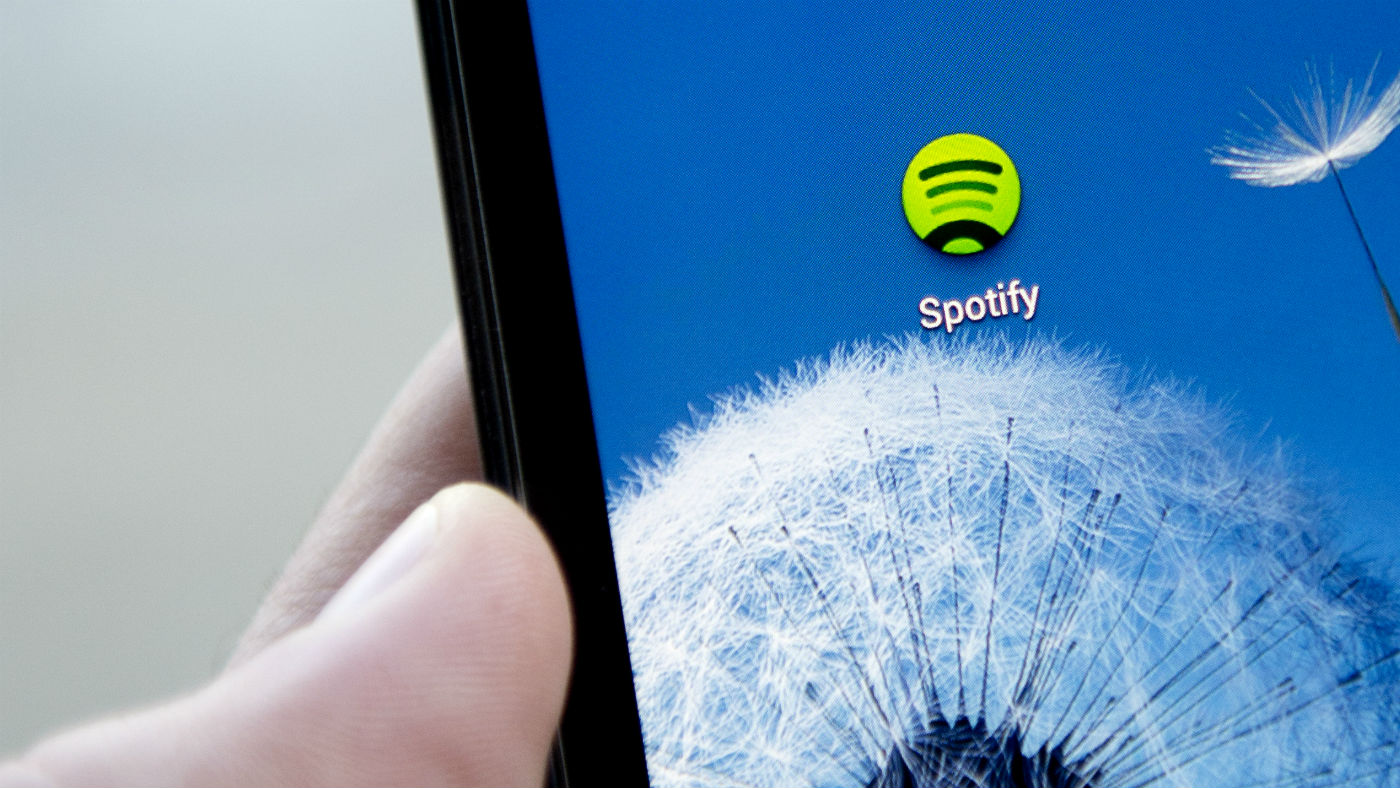 Music piracy in UK halves in five years
Music piracy in UK halves in five yearsSpeed Read Streaming services such as Spotify and Tidal have reversed illegal downloading trend
-
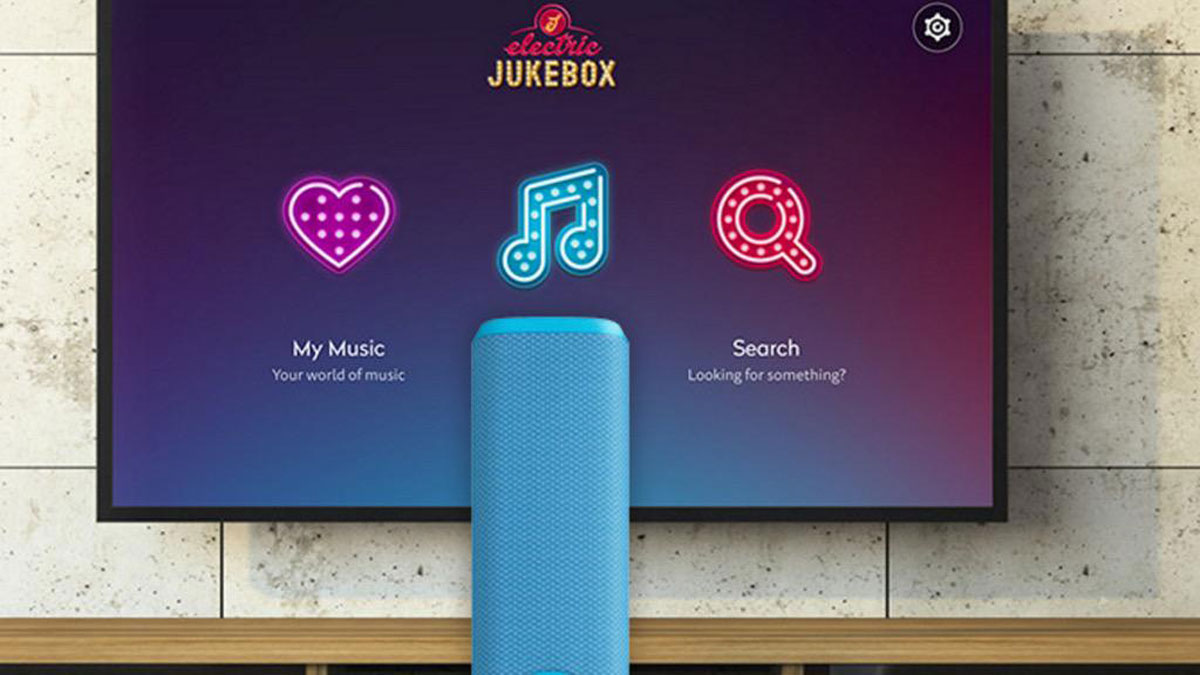 Electric Jukebox: Britain's answer to Spotify?
Electric Jukebox: Britain's answer to Spotify?Speed Read New Internet of Things music appliance hopes to 'bring music streaming to the masses'
-
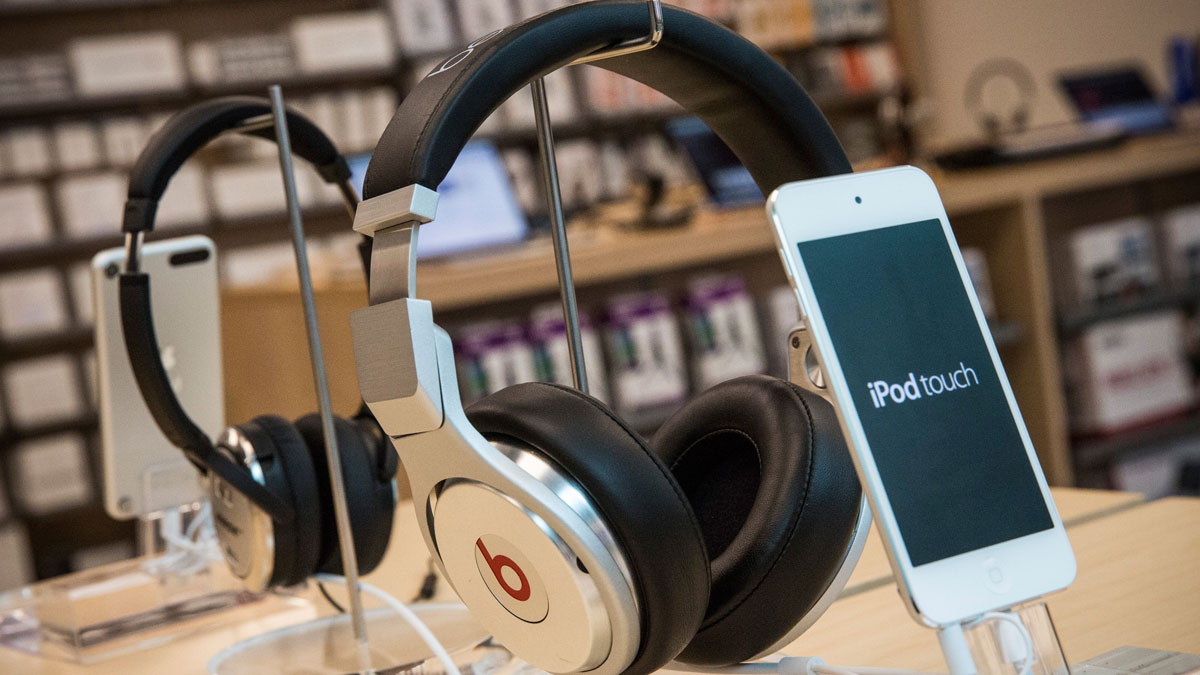 Apple Music: what you need to know about the streaming service
Apple Music: what you need to know about the streaming serviceIn Depth The tech giant's long awaited music streaming service launches today – but how does it differ from its rivals?